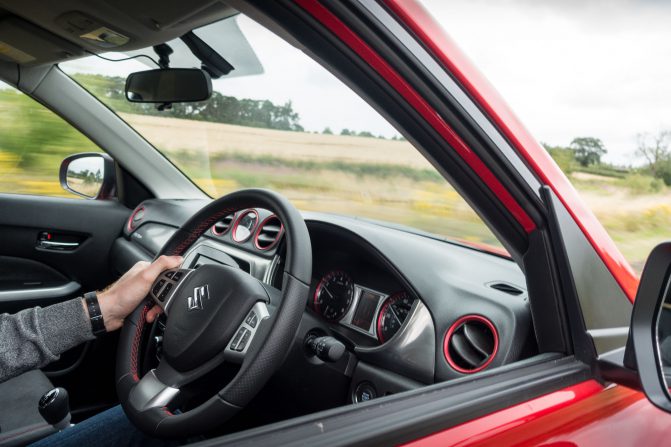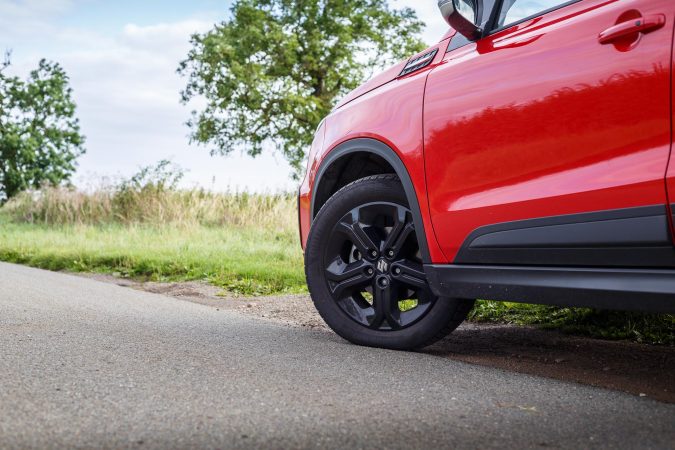Experiencing a car accident can be a life-altering event, leaving many individuals with a significant fear of driving. This fear is natural and understandable, but it can also be debilitating, preventing you from living your life to the fullest. Overcoming this fear is a process that requires patience, support, and strategic steps. Here’s a comprehensive guide to help you regain your confidence behind the wheel.
1. Acknowledge Your Feelings
The first step in overcoming your fear of driving after a car accident is to acknowledge your feelings. It’s okay to feel scared, anxious, or even traumatized. Suppressing these emotions can make them more intense over time. Talk about your experience with friends, family, or a professional therapist who can help you process your emotions in a healthy way.
2. Seek Professional Help
If your fear is overwhelming, seeking help from a mental health professional can be extremely beneficial. Therapists who specialize in trauma and anxiety can provide you with coping strategies and therapeutic techniques such as Cognitive Behavioral Therapy (CBT) to manage your fear. Sometimes, just understanding that your reactions are normal can provide significant relief.
3. Gradual Exposure Therapy
Gradual exposure therapy is a proven method to overcome phobias, including the fear of driving. Start by sitting in a parked car, then progress to short, familiar routes. Gradually increase the distance and complexity of your trips as your confidence builds. This step-by-step approach can help desensitize you to the fear stimulus, making driving feel more routine and less intimidating.
4. Defensive Driving Courses
Taking a defensive driving course can be incredibly empowering. These courses teach you how to anticipate and react to potential hazards on the road, giving you practical skills and boosting your confidence. Knowing that you are better prepared to handle unexpected situations can significantly reduce your anxiety.
5. Practice Mindfulness and Relaxation Techniques
Mindfulness and relaxation techniques such as deep breathing, meditation, and progressive muscle relaxation can help you manage anxiety. Practice these techniques regularly, especially before and during driving. They can help you stay calm and focused, reducing the likelihood of panic attacks while driving.
6. Rely on Supportive Companions
In the early stages of getting back to driving, having a trusted friend or family member with you can provide comfort and reassurance. They can offer encouragement, help you stay calm, and provide immediate assistance if you start to feel overwhelmed.
7. Create a Safe Environment
Ensure your car is a safe and comfortable space. Regular maintenance checks can prevent breakdowns and accidents while organizing the interior to suit your needs can create a more controlled environment. Having your car in good condition can alleviate some of the anxiety related to mechanical failures.
8. Set Realistic Goals and Be Patient
Overcoming your fear of driving is a gradual process that varies from person to person. Set small, achievable goals and celebrate each milestone. Be patient with yourself and understand that setbacks are a natural part of the recovery process. Perseverance and a positive attitude are key to overcoming your fear.
9. Join a Support Group
Connecting with others who have experienced similar fears can be very reassuring. Support groups, whether in person or online, provide a platform to share experiences, tips, and encouragement. Knowing that you are not alone and hearing how others have overcome their fears can be highly motivating.
10. Consult a Car Accident Lawyer
Understanding your legal rights and ensuring you are adequately compensated for any damages or injuries sustained in the accident can also help in the recovery process. Consulting with a lawyer handling car accident cases can provide peace of mind and allow you to focus more on your recovery and less on financial worries. They can help you navigate the legal complexities and ensure you receive the support you need. Remember, recovery is a process, and with time and effort, you can reclaim your independence on the road.


